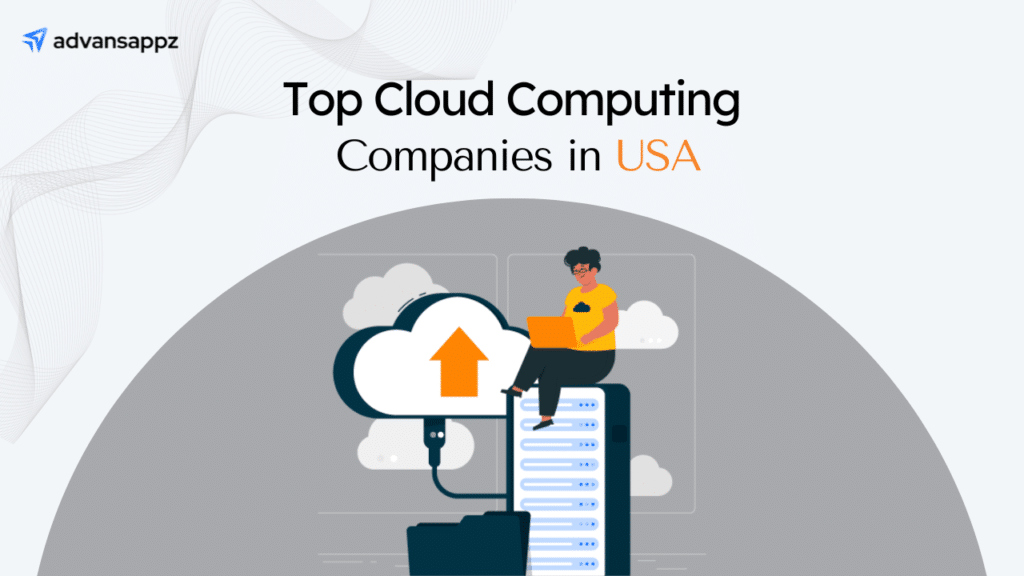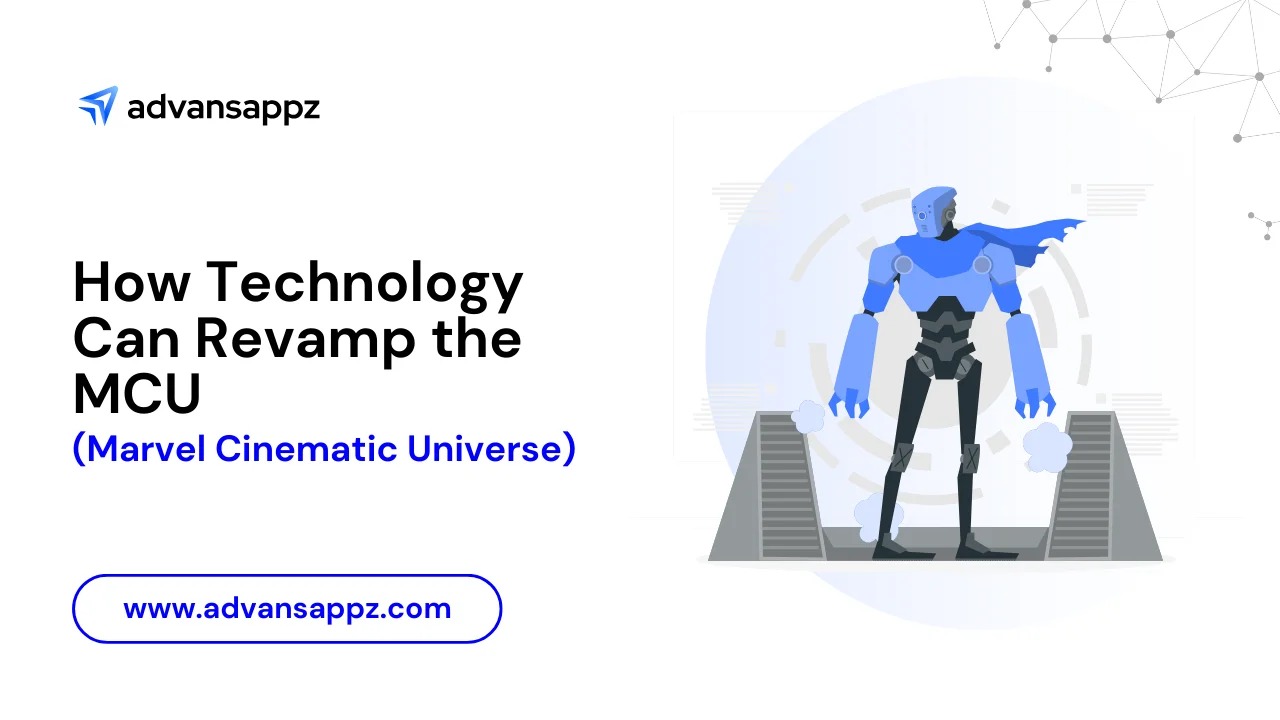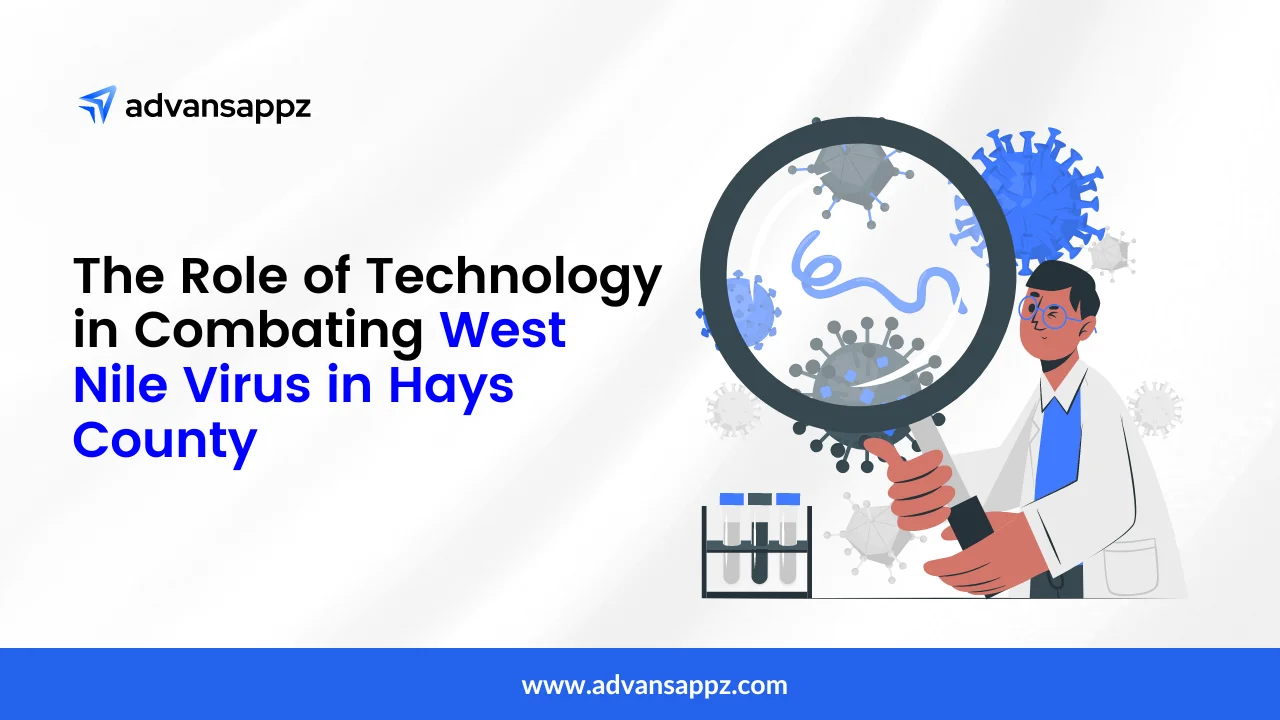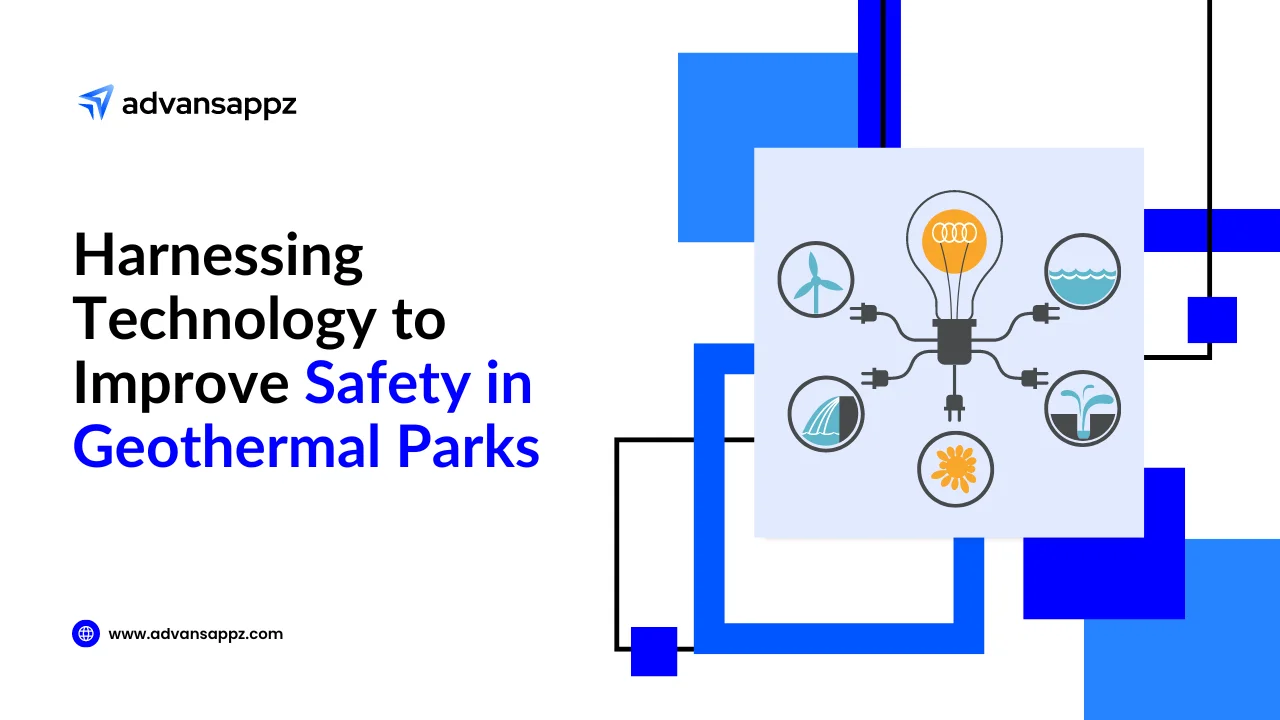Enterprise Resource Planning (ERP) systems have undergone significant transformation since their inception, evolving from basic inventory management tools to sophisticated, integrated platforms essential for modern businesses. This article explores the journey of ERP systems from their early days to the present, highlighting the key changes and advancements that have shaped their development.
Early Days: The Birth of ERP

1960s: Material Requirements Planning (MRP)
- Focus: Primarily centered on inventory control and production planning.
- Technology: Leveraged mainframe computers for data processing.
- Functionality: Calculated material requirements based on production schedules.
1970s-1980s: MRP II (Manufacturing Resource Planning)
- Expansion: Integrated additional data such as employee and financial information.
- Integration: Began incorporating more business functions, providing a comprehensive view of manufacturing processes.
- Advancement: Utilized more advanced computing technology to handle increased data complexity.
The Emergence of ERP

1990s: The Birth of ERP
- Integration and Standardization: ERP systems started integrating various business processes (finance, HR, supply chain, etc.) into a unified system.
- Major Players: Companies like SAP, Oracle, and PeopleSoft emerged as leaders, offering robust and scalable ERP solutions.
- Customization: Early ERP systems allowed for some customization to meet specific business needs.
Growth and Technological Advancements

2000s: Technological Shifts
- Internet and Cloud Computing: The advent of the internet and cloud technology revolutionized ERP systems, making them more accessible and scalable.
- Customization and Flexibility: ERP systems became more customizable and flexible, catering to diverse industries and business models.
- Integration: Improved integration with other systems and technologies, such as Customer Relationship Management (CRM) and Supply Chain Management (SCM).
Modern ERP Systems
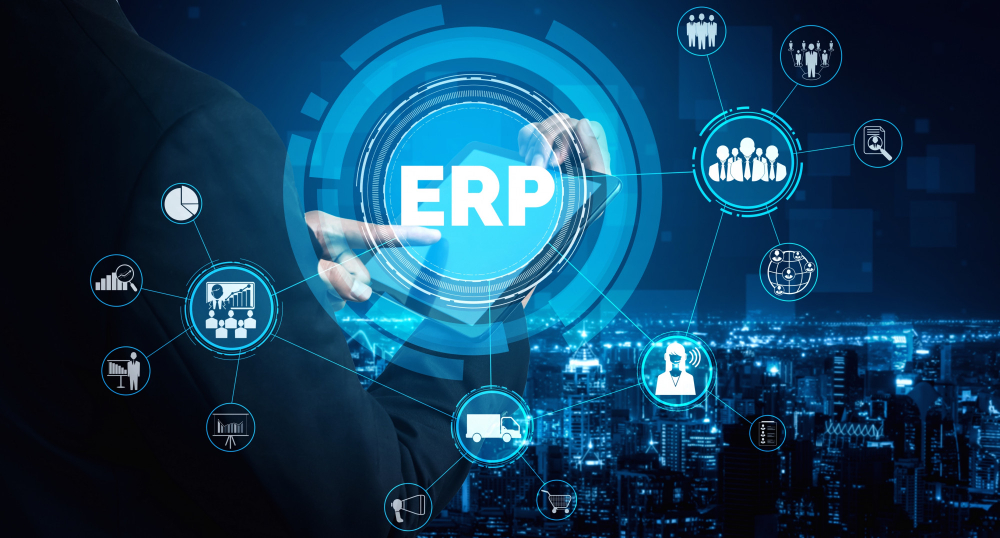
2010s-Present: Advanced and Intelligent ERP: Modern ERP systems are a marvel of integration and intelligence.
- Mobile and IoT Integration: They incorporate mobile access and Internet of Things (IoT) integration, enabling real-time data access and improved connectivity between devices and systems.
- AI and Advanced Analytics: Artificial intelligence (AI) and machine learning are now embedded in ERP systems, enhancing decision-making through data analysis and predictive capabilities.According to research by McKinsey, AI automation in ERP environments can reduce operating costs by up to 25%.
- Cloud-Based Solutions: Cloud-based ERP solutions have become the dominant force due to their flexibility, cost-effectiveness, and ease of implementation.As per Market research report – The global cloud ERP market size is projected to grow from $57.17 billion in 2024 to $181.04 billion by 2032, at a CAGR of 15.5% during the forecast period.(Source)
- Automation: Automation within ERP systems has streamlined processes, reduced errors, and enhanced efficiency. Studies indicate that automation in ERP systems has improved operational efficiency by up to 30%.
Key Differences: Then and Now
The evolution of ERP systems can be summarized by these key differences between the past and present:
- Technology: From reliance on mainframe computers to utilizing cloud, mobile, AI, and IoT for advanced capabilities.
- Functionality: A shift from specific areas like inventory to encompassing a wide range of business functions.
- Accessibility: Limited to large enterprises to accessible solutions for businesses of all sizes on the cloud.
- Customization: Limited options in the past to highly customizable solutions tailored to specific needs today.
Conclusion
The journey of ERP systems is a testament to technological advancements and their impact on business processes. From basic inventory management tools to intelligent platforms driving real-time decision-making, ERP systems have become a cornerstone for modern business success. As technology continues to evolve, we can expect even more exciting advancements in the world of ERP, shaping the future of how businesses operate and thrive.



